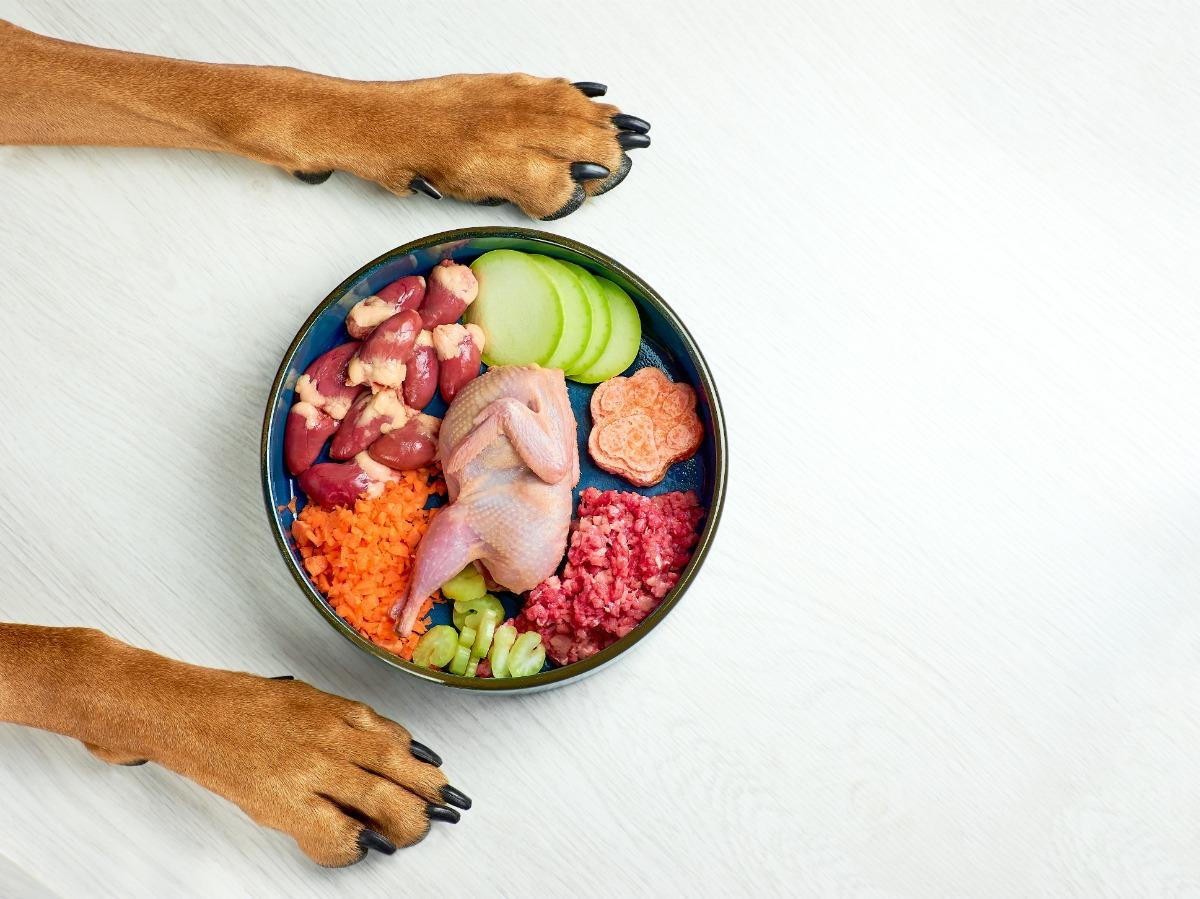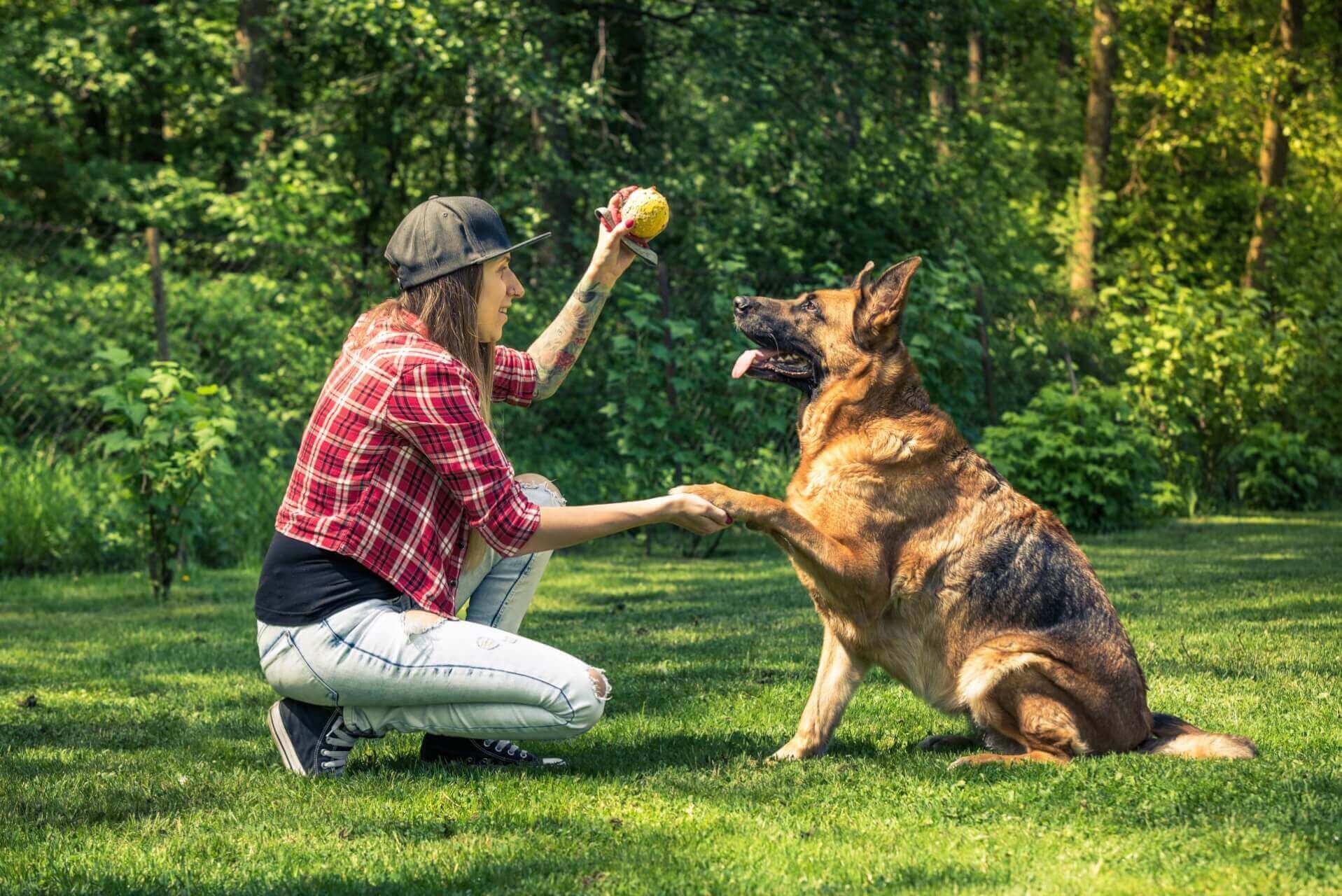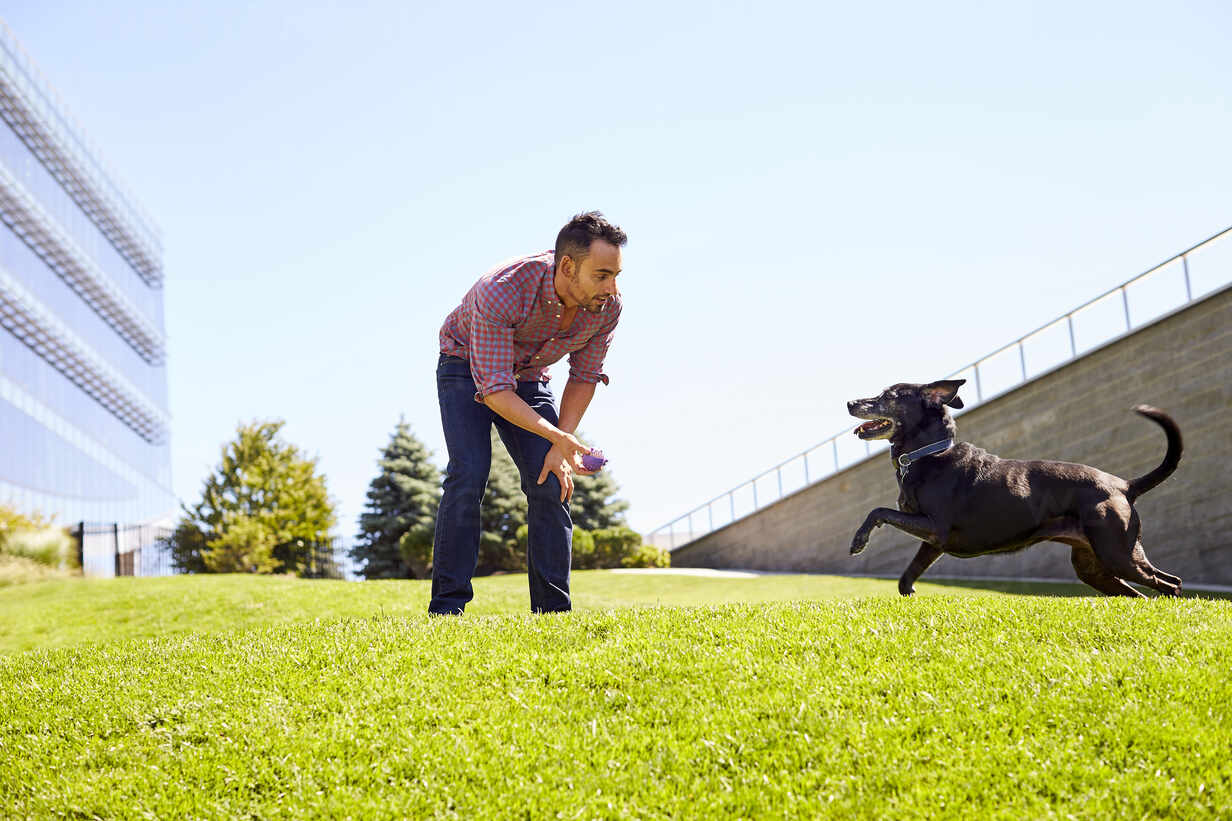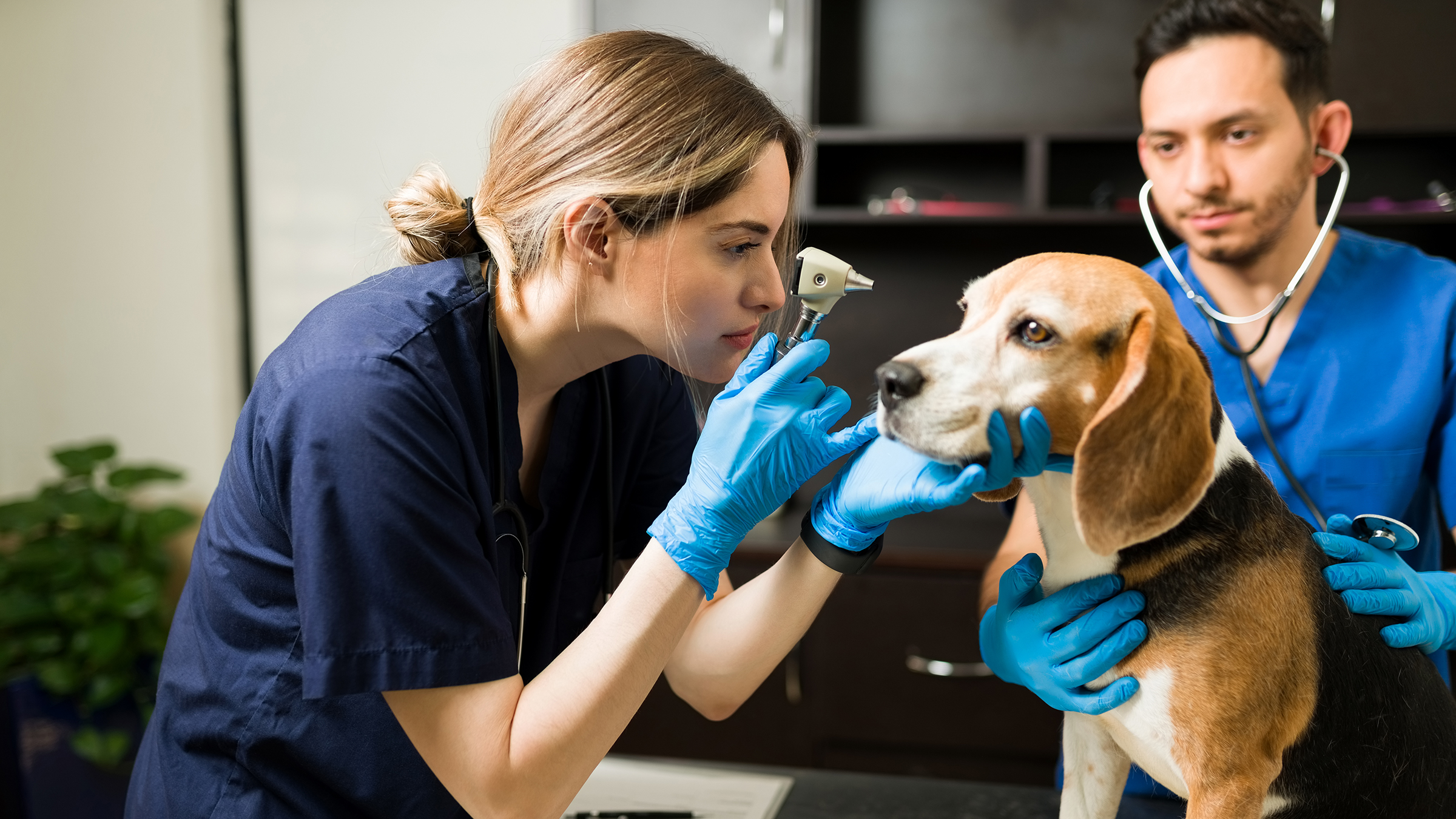Raising a dog is one of life’s most rewarding experiences. However, it also comes with significant responsibilities that require dedication, patience, and knowledge. Whether you’re a first-time dog owner or a seasoned pet lover, adopting the right techniques for raising your dog can make all the difference in ensuring a happy and healthy life for your furry friend. Proper care, training, and attention to their unique needs can strengthen the bond between you and your dog, while also preventing behavioral and health problems. In this article, we’ll explore the key areas you need to focus on to raise your dog properly, covering everything from nutrition and training to health care and creating a safe environment.
Understanding Your Dog’s Needs
Every dog is different, and understanding your pet’s individual needs is the first step in raising them properly. Factors such as breed, size, age, and temperament all play a role in determining the kind of care your dog requires. For instance, a high-energy breed like a Border Collie will need more exercise and mental stimulation than a laid-back breed like a Bulldog. Similarly, puppies will have different needs than adult or senior dogs, especially in terms of nutrition and training. At the core, all dogs require a combination of proper nutrition, training, exercise, health care, and social interaction to thrive.

Nutrition and Feeding Techniques
A balanced diet is essential for your dog’s overall health and longevity. Dogs require a mix of protein, fats, carbohydrates, vitamins, and minerals to stay healthy. The diet you choose should be appropriate for your dog’s age, size, and activity level. For example, puppies need more protein for growth, while adult dogs may need a diet focused on maintaining weight and overall health.
Establishing a regular feeding schedule is key to promoting good digestion and maintaining energy levels. Puppies generally need to be fed more frequently (3-4 times a day), while adult dogs do well with 1-2 meals per day. Choosing the right food is equally important—commercial dog food is widely available and often balanced, but it’s essential to choose high-quality options. You may also consider raw or home-cooked diets, but these require more effort to ensure all nutritional needs are met.

Portion control is vital to prevent obesity, which is a common issue in domesticated dogs. Always follow the feeding recommendations based on your dog’s weight and consult your vet if you’re unsure. Lastly, ensure your dog has constant access to fresh water, as hydration is crucial for their overall health.
Training Techniques for Proper Behavior
Proper training not only ensures good behavior but also strengthens the bond between you and your dog. The most effective training method is positive reinforcement, which involves rewarding your dog for good behavior. Rewards can include treats, praise, or affection. This method encourages your dog to repeat the desired behavior.
Basic obedience training is a must for every dog. Teaching commands like “sit,” “stay,” “come,” and “leave it” helps manage your dog’s behavior and ensures their safety. Consistency is crucial in training—ensure that all family members use the same commands and rules to avoid confusing the dog.

Socialization is another important aspect of training. Introducing your dog to different environments, people, and other animals helps them feel comfortable in a variety of situations, reducing the likelihood of fear or aggression later in life. While training, it’s essential to avoid punishment-based techniques. These can lead to fear and anxiety, potentially resulting in more serious behavioral problems.
Exercise and Physical Activity
Physical exercise is vital for keeping your dog healthy, both physically and mentally. The amount of exercise a dog needs depends largely on their breed, size, and age. For instance, breeds like Huskies and Labrador Retrievers are highly energetic and require plenty of daily exercise to stay happy. In contrast, smaller or less active breeds like Shih Tzus or Bulldogs might be satisfied with shorter, less intense play sessions.
Daily exercise not only helps to manage your dog’s weight but also reduces destructive behaviors caused by boredom, such as chewing or excessive barking. Activities such as walks, runs, playing fetch, or even swimming are great ways to keep your dog active. Mental stimulation is equally important—consider using puzzle toys or playing games like hide-and-seek to keep your dog’s mind sharp.

A lack of exercise can lead to obesity, which in turn can cause health problems such as joint issues, diabetes, and heart disease. Regular physical activity is an essential part of your dog’s routine.
Health Care and Veterinary Visits
Regular veterinary check-ups are a cornerstone of raising a healthy dog. These visits allow your vet to monitor your dog’s health, provide vaccinations, and check for any early signs of illness. Core vaccinations, such as rabies and distemper, are crucial for protecting your dog from serious diseases.

Preventive care includes more than just vet visits. Grooming is another important aspect, and regular grooming sessions can prevent infections and skin problems. Regular brushing, nail trimming, and ear cleaning should be part of your dog’s routine care. Additionally, dental health is often overlooked but is essential for your dog’s overall well-being—brushing their teeth or providing dental chews can help prevent issues like gum disease.
Parasite control, including flea, tick, and worm prevention, is another critical area of health care. Regular deworming and using appropriate parasite preventatives will help keep your dog healthy and comfortable.
Creating a Safe and Stimulating Environment
Creating a safe and stimulating environment is important for your dog’s physical and mental well-being. Ensure your home is dog-proofed by removing hazardous items such as toxic plants, chemicals, or small objects that could be swallowed.
Provide your dog with a comfortable space where they can rest, such as a cozy bed or crate. Having a designated area gives your dog a sense of security, especially when they need some quiet time. Additionally, make sure your dog has access to toys that stimulate their mind and alleviate boredom.

Dogs also need outdoor time. Whether it’s a backyard or regular trips to the park, dogs benefit from fresh air and outdoor exploration. Just make sure the environment is safe, with no harmful substances or sharp objects around.
Building a Strong Bond with Your Dog
Building a strong bond with your dog requires time, patience, and attention. Spending quality time with your dog is crucial for strengthening your relationship. Engage in activities that you both enjoy, whether it’s playing, training, or simply sitting together.
Understanding your dog’s body language and communication cues is also essential. Dogs express themselves through various behaviors, and learning to interpret these signals helps you meet their needs effectively. Patience and consistency are key in forming a trusting, loving bond with your dog.
Common Mistakes in Raising Dogs and How to Avoid Them
Even the most well-meaning dog owners can make mistakes. One common error is inconsistent training—when owners don’t stick to the same rules or commands, dogs become confused, leading to misbehavior. Another frequent mistake is overfeeding, which can lead to obesity and related health problems.
Neglecting socialization is another issue. Dogs that are not exposed to different environments and people early in life may develop fear or aggression. Similarly, failing to provide adequate mental stimulation can result in boredom and destructive behavior.
By avoiding these common pitfalls and following the techniques outlined, you’ll ensure your dog grows up healthy, well-behaved, and happy.
Raising a dog properly involves a combination of good nutrition, consistent training, regular exercise, proper health care, and a safe living environment. By understanding your dog’s individual needs and committing to their care, you’ll be rewarded with a loyal and loving companion. Start incorporating these techniques today, and you’ll see how they positively impact your dog’s life and your relationship with them.

After 5 years in a high pace business management role, I partnered with an e-commerce developer to start building Dog Supplies Warehouse.
Our number one goal is to make sure all products are managed and delivered to our customers door fast and accurately.
